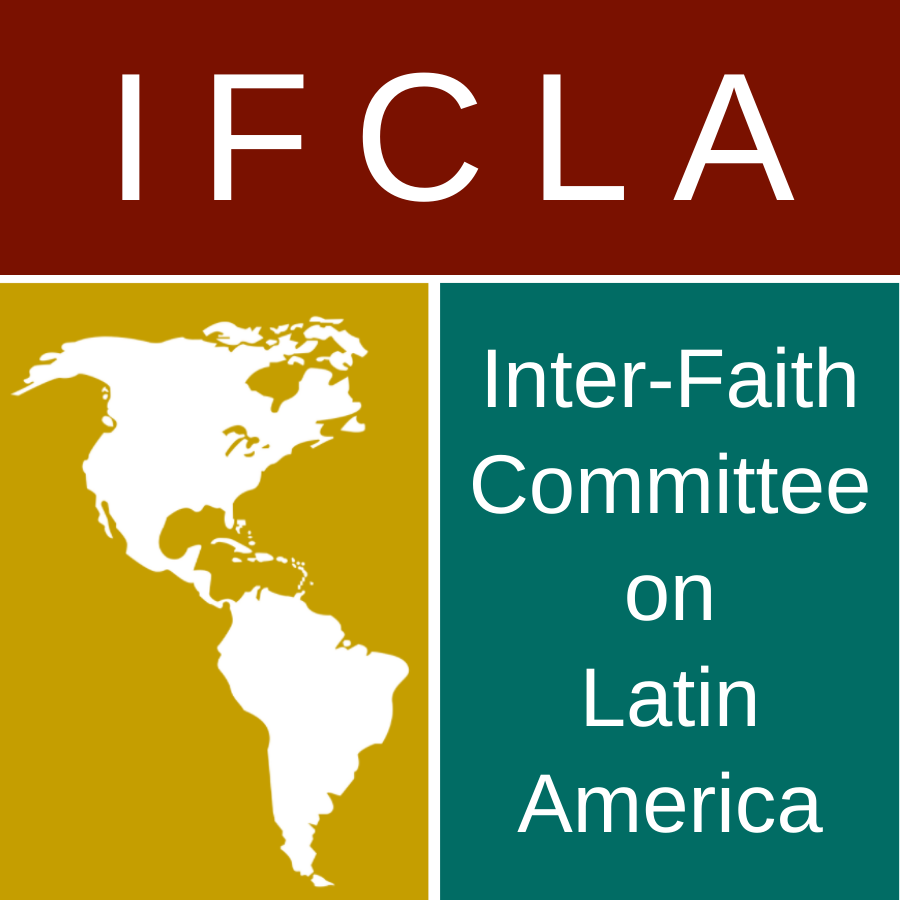Pro-Se Asylum Clinics
Did you know there are no public defenders in immigration court?
There continues to be an overwhelming need in the region for pro-bono or low-bono immigration attorneys to represent clients in their asylum cases. IFCLA proudly partners with the only two nonprofit legal service organizations in St. Louis, the Migrant and Immigrant Community Action Project and St. Francis Community Services Catholic Legal Assistance Ministry, to host Pro-Se Asylum Clinics.
Through Pro-Se Clinics, IFCLA collaborates with community partners to ensure asylum seekers who cannot access legal representation are prepared to be their own best advocates during all stages of their immigration case. Pro-se, in Latin means, “on one's own behalf,” and in this model, asylum seekers learn how to file their asylum applications and how the asylum process works in the United States.
Our Pro-Se Asylum Clinics are adapted from a model currently being used in several other cities nationwide. To participate in this program, asylum seekers are referred by local nonprofit immigration attorneys after determining that the applicant has a genuine fear of returning to their country of origin. During these quarterly clinics, volunteers and supervising immigration attorneys help applicants complete and file their asylum application. Asylum seekers are encouraged to continue seeking representation for the duration of their case.
History
Prior to the COVID-19 pandemic, we offered three Pro-Se Asylum Clinic days (August 2019, November 2019, February 2020), which engaged more than 120 volunteers (including attorneys, interpreters, therapists, professors and others) and served more than 60 immigrants from 4 countries (Mexico, Guatemala, Honduras and El Salvador). Individuals who participated in these clinics were also then connected with IFCLA’s accompaniment efforts, to ensure they were no longer isolated or dehumanized throughout the duration of their asylum-seeking experience. As COVID-19 reshaped our community, it became clear that even when courts and immigration offices closed, the sensitive time limits and “clocks” governing a person’s right to seek asylum were not on pause. Many people still needed support to ensure they could exercise their right to seek asylum within one year of arriving in the US. As such, we continued our collaboration with the MICA Project and SFCS-CLAM to design a completely virtual model of the Pro-Se Asylum Clinics. We virtually trained several volunteers on this new virtual version of the clinic, investing in and learning new software tools, and collaborating with staff. In this way, we were able to ensure that eligible asylum seekers did not lose their opportunity to apply for asylum because we couldn’t safely hold in-person clinics. From these virtual clinics, 30 families were supported in seeking asylum.
Through our pro-se clinics, over 171 people have been able to file for asylum when legal representation was not available.
We believe that the preparation of these applications is an important step to safeguard the rights of asylum seekers in court. There is an added benefit for the Immigration Court that asylum seekers will need fewer continuances and will have notified the court regarding their desire for an expedited or non-expedited merits hearing.
In the past three years, the numbers of individuals and their families arriving to St. Louis seeking asylum has consistently increased. As we continue to accompany every family we’ve met throughout the duration of their 3-5 year asylum journey, many individuals who have gone through our clinics are now eligible for work authorization, as their asylum case remains pending, and IFCLA has created Work Authorization Clinics to meet this need.


